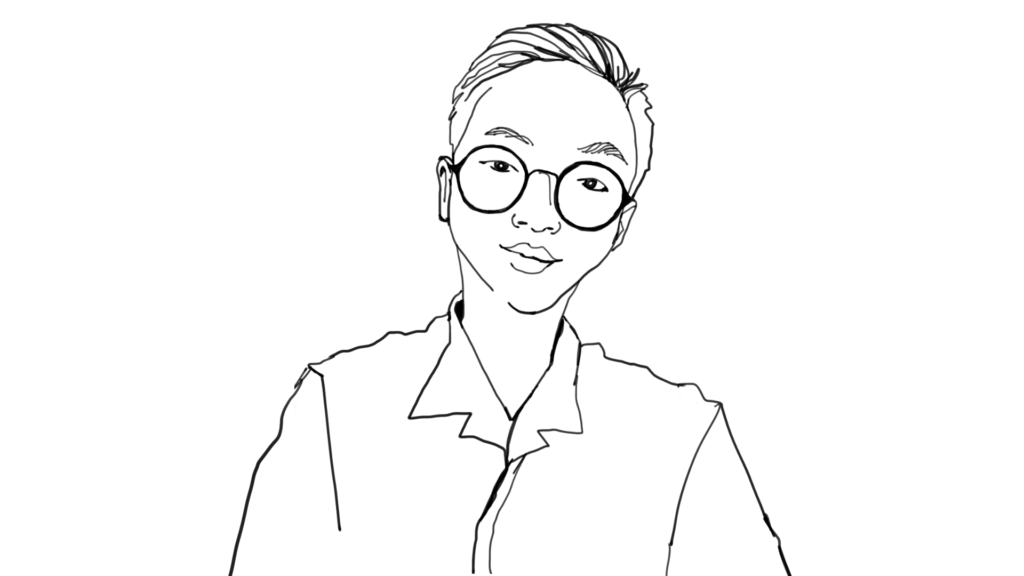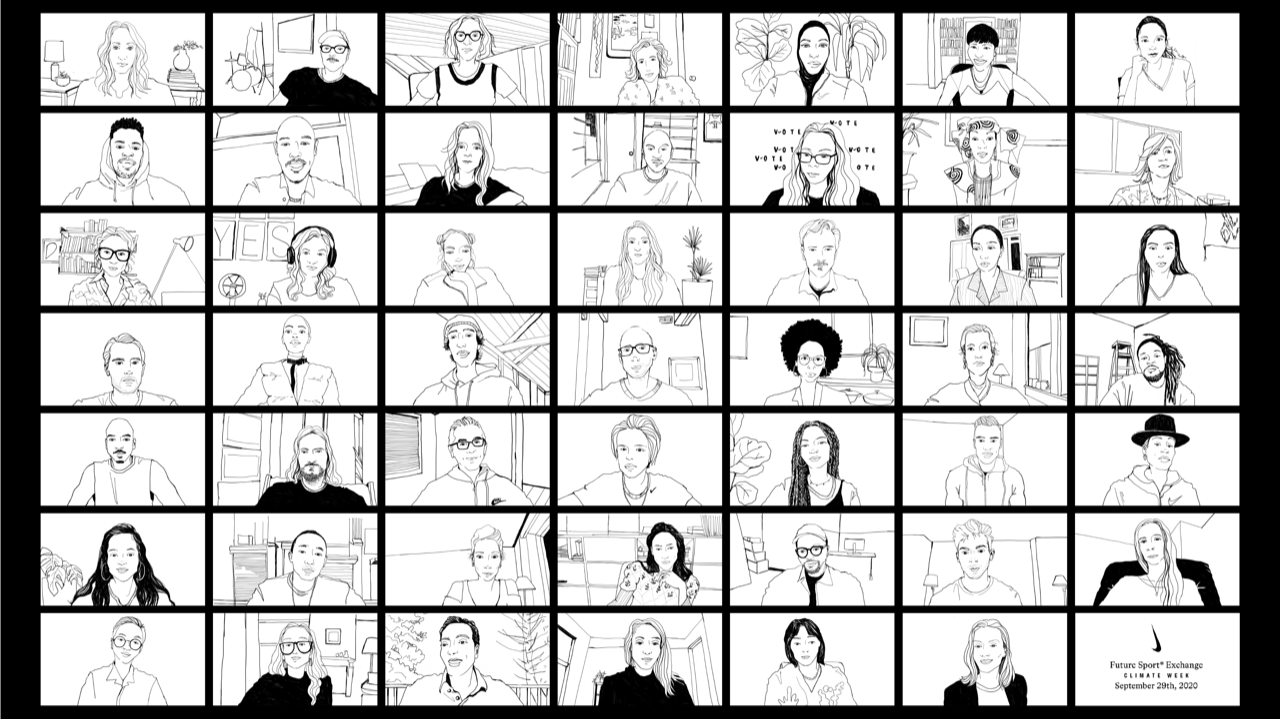From the Desk of the Youth Observer: 5 Takeaways from UNGA

Dustin Liu, the UNA-USA Youth Observer to the UN, recently attended the 75th session of the UN General Assembly. During UNGA, Dustin had a chance to meet with leaders from the UN, businesses, and NGO’s – and connect with young people across the world! These are his top five takeaways from his experience at UNGA.
Everyone Had a Front Row Seat
Throughout UNGA, I was inspired and heartened to see the presence of young people joining sessions that were open for participation. I attended events such as YOUNGA, where I had an opportunity to host a conversation with Mr. Víctor Madrigal-Borloz on LGBTQIA-Inclusive Response to COVID, and the SDG Action Zone where we spoke about how we must be Game On for Climate Change. From these, I recognized the power in the fact that everyone had a front row seat. With the removal of barriers such as lodging or travel, our ability to involve more voices significantly improved. I felt lucky to be in the same virtual space as so many young people who would have otherwise not had the opportunity to participate in UNGA programming. I hope that we move towards similarly accessible engagement opportunities in the future.
The Sustainable Development Goals are Intersectional
UNGA reaffirmed to me the important intersections between the Sustainable Development Goals (SDGs). For example, during my conversation with youth leaders during the Zero Malaria Challenge event, speakers acknowledged the Malaria crisis impacted the ability for students to receive quality education. When talking about climate action, it’s clear that environmental hazards disproportionately impact marginalized communities due to environmental racism. As much as possible, we must see ourselves advocating across goals. The programs I participated in at UNGA reminded me that we must keep our focus on how these issue areas connect to effectively work together towards achieving the SDGs.
We Need to Build Better Together
As a global community, we are facing unprecedented challenges and this can only be resolved through partnerships across borders and partnerships across fields. When I am in conversation with Youth Delegates from countries all around the world, I am reminded why it’s important that we defend multilateralism. As we become increasingly interconnected, we must work with the global community to solve critical issues that impact us all. We must continue supporting international organizations like the United Nations to work collaboratively towards solving issues, big or small.
Change Needs to Happen at all Levels, and all Change is Valid
It is clear that if we are going to meet the SDGs, change needs to happen at all levels. It needs to happen in our local communities, it needs to happen through government policies and practices. It needs to be present in boardrooms and it needs to be recognized at higher education institutions. We need to exercise leadership at all levels, illustrated by the Brookings Institute event on American Leadership in Advancing the SDGs. From companies like Nike leading worldwide sustainability efforts to local student-led initiatives, we need individuals pushing for change at all levels. UNGA was a reminder to me that we all have our personal locus of influence that we can leverage to make change. We all bring gifts that meet this moment. Want to track how you are making change? Check out Innerview, a tool you can use to track your service.
The Importance of Centering Youth Voices
Young people understand global issues because they are being impacted by these same issues every day. During UNGA, I was reminded of how young people bring the energy, innovation, creativity and wisdom we need to achieve the SDGs. I was honored to be in conversation with young people leading climate protests, pursuing research on issues of health and wellbeing, organizing mutual aid to support communities impacted by wildfires and working towards a more accessible democracy. We need to continue centering youth voices who will inherit the world that is left behind. We need to center youth voices because they are already leading important work on these global issues. Imagine what we can achieve when we work together.




